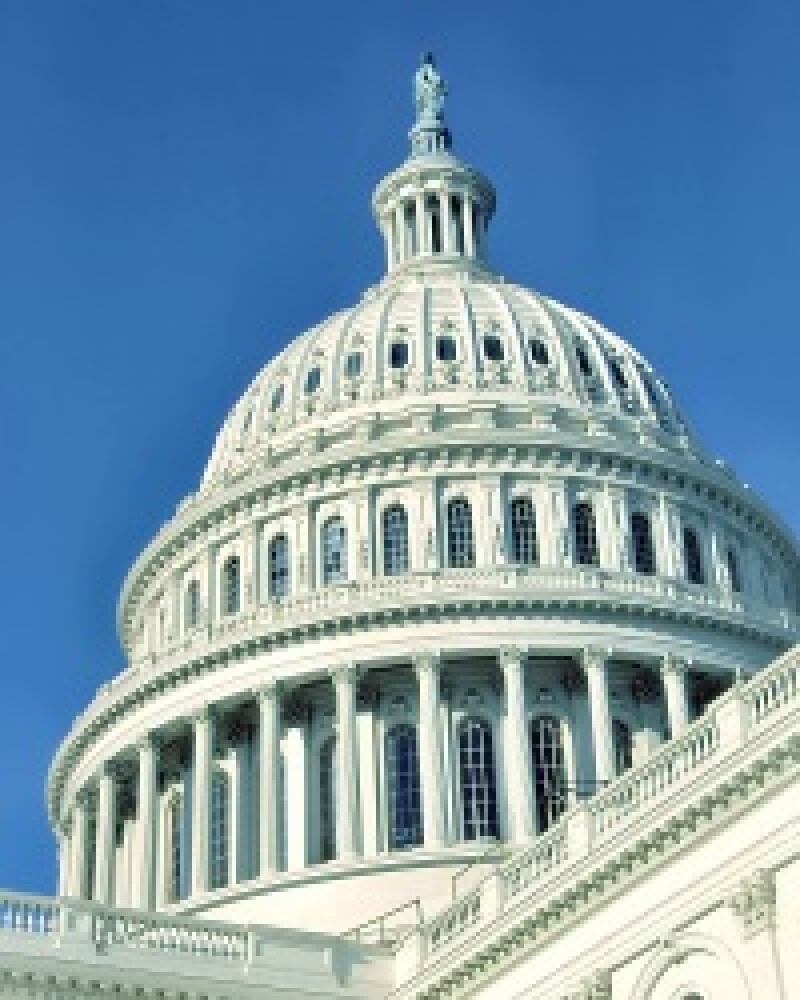
Goodlatte, who is the House Judiciary Committee Chairman, introduced the bill along with Representatives Peter DeFazio, Darrell Issa, Jerrold Nadler, Lamar Smith, Zoe Logren and Anna Eshoo.
Goodlatte commented:“In recent years, we have seen an exponential increase in the use of weak or poorly granted patents by patent trolls to file numerous patent infringement lawsuits against American businesses with the hope of securing a quick payday. American businesses small and large are being forced to spend valuable resources on litigation rather than on innovating and growing their businesses.
“With our current patent laws being abused in ways that are threatening the survival of American innovation, the Congress must act to curb abusive patent litigation.”
The provisions of the Innovation Act include:
• Requiring plaintiffs to disclose who the owner of a patent is before litigation.
• Requiring plaintiffs to explain why they are suing a company in their court pleadings.
• Requiring courts to make decisions about whether a patent is valid or invalid early in the litigation process so that patent trolls cannot drag patent cases on for years based on invalid claims.
• Requiring judges to award attorneys’ fees to the victims of the frivolous lawsuit when parties bring lawsuits or claims that have no reasonable basis in law or fact. The bill allows judges to waive the award of attorneys’ fees in special circumstances. This provision applies to both plaintiffs and defendants who file frivolous claims.
• Requiring the Judicial Conference to make rules to reduce the costs of discovery in patent litigation, “so that patent trolls cannot use the high costs of discovery to extort money from small businesses and entrepreneurs”.
• Creating a voluntary process for small businesses to postpone expensive patent lawsuits while their larger sellers complete similar patent lawsuits against the same plaintiffs, to protect customers who simply bought the product off-the-shelf.
• Requiring the USPTO to provide educational resources for those facing abusive patent litigation claims.
The Innovation Act previously passed the House of Representatives in the 113th Congress by a vote of 325-91.
The American Intellectual Property Law Association (AIPLA) noted that the bill provides another opportunity to consider and discuss the important issues addressed in Goodlatte's legislation.
AIPLA Executive Director Lisa Jorgenson commented that "the attention to these issues reflects the interest and effort of the House of Representatives and the Senate to both improve the US patent system and deal with concerns regarding certain abusive litigation behavior. We look forward to continuing to work together with Congress toward a goal of ensuring that any legislation strikes the right balance between restraining abusive behavior while not impairing the legitimate rights of patent owners."









